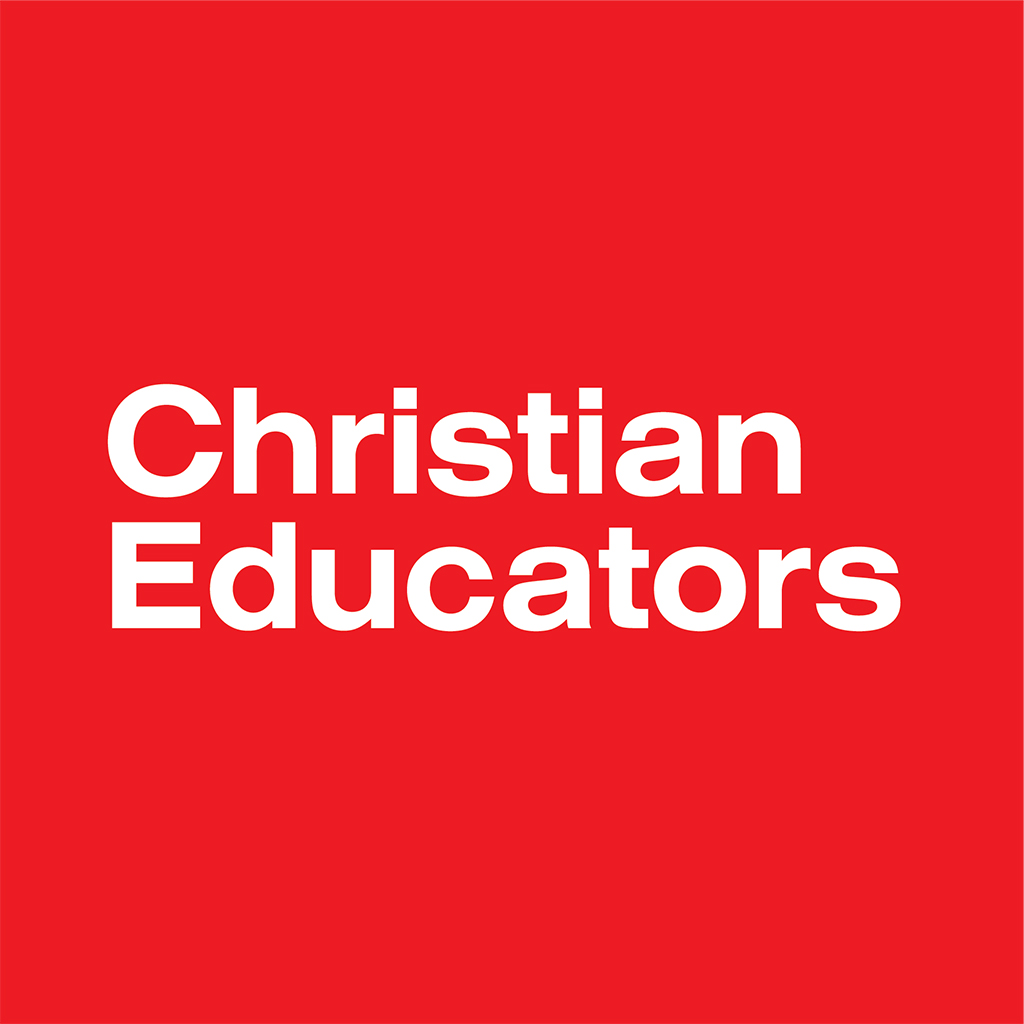Trump Raises Hopes for Private School Scholarships
By John Mitchell
While much of the reporting on President Trump’s State of the Union Address focused on Speaker Pelosi tearing up her copy of the speech and the president’s restraint in not mentioning the impeachment vote scheduled for the next day, Trump did make an important education point.
To make the point he introduced Janiyah Davis, a fourth-grade student from Philadelphia, and her mother Stephanie.
Hearts fell when Trump explained that little Janiyah had been denied the opportunity to attend a school of their choice because the Governor of Pennsylvania had cut funding for Pennsylvania’s school choice program. Then he announced that for this occasion it had been arranged for Janiyah to receive a scholarship to the school of her choice and nearly everyone burst into applause. Perhaps some Democrats sat on their hands, but if they did, they may have been squirming. Trump drove home his point by saying, “Now I call on Congress to give one million American children the same opportunity Janiyah has just received. Pass the Education Freedom Scholarships and Opportunities Act—because no parent should be forced to send their child to a failing government school.”
Local Philadelphia media followed up with the story and learned that Secretary of Education Betsy DeVos would personally fund Janiyah’s scholarship. The Philadelphia Inquirer further advanced the story reporting that in September Janiya had been admitted to a government school that is clearly not failing, the prestigious Math, Science and Technology Community Charter School III (MaST III).
The Davis family now have an enviable choice to make. Janiyah can continue at MaST III for free. Or, they could enroll her, at the expense of Secretary DeVos, in one of many private schools in Philadelphia, including Philadelphia’s Olney Christian School. Janiyah attended Olney Christian in first through third grade, but the tuition made it impossible for her to continue. Very few other students in Philadelphia will have such a variety of good choices. Private school tuition is expensive and charter school slots are limited. MaST III only had 100 openings with 6,500 applicants.
This was a clever and powerful way to make the case for the Freedom Scholarships that Trump and Education Secretary Betsy Devos have been promoting over the past year. These scholarships would be provided by private individuals or corporations making contributions to state scholarship funds. Their contributions would reduce their federal tax burden by the amount of their contributions—so the scholarships are actually funded by the Federal government. States would not be compelled to participate by creating these tuition tax credit scholarship funds.
While Democrats in Congress may stand in the way of the president moving this proposal forward, they do so at some risk. Polling shows this program to be quite popular among both Democrats and Republicans and particularly among minorities. The Survey of CEAI members released in December also shows support (71%) for school choice programs. CEAI members particularly support programs that give low- and middle-income families private school or charter school options.
Less than a week after the speech, the Trump administration released his 2021 budget proposal. As expected, the budget does include the $5 billion Freedom Scholarship proposal, but in a surprise move, he also recommended that current Federal funds earmarked for charter schools be rolled into a “block grant” that would include 28 other programs aimed at disadvantaged students. Even though states would still be able to use the block grant funding to support charter schools, advocates for charters worried that this might signal a weakening of Trump’s support .
Many have speculated that the bitter divisions in Congress make it is unlikely that either Freedom Scholarships or combining charter school funding into a block grant are likely to emerge in the final budget. However, we could be surprised. Sometimes upcoming elections can spur action in Congress, particularly if polling indicates a program is popular.
But the important question is, would Freedom Scholarships be good for children? Certainly, they would be good for the children who receive them. The wealthy will always look for schools better than neighborhood public schools and are able to pay for this benefit. Providing resources to enable capable children from less advantaged backgrounds to enjoy similar options is perhaps one of the most equalizing things our nation can do. And it is also a smart thing to do as it captures the human potential of exceptional students that might otherwise be less fully activated.
Christ taught us that we should be mindful of the least among us. Freedom Scholarships could be one way of doing this. Your work with children is surely another.
Please share your thoughts on this column that you would like other readers to see by entering them in the form below. Personal comments can be sent to [email protected]. John Mitchell is the Washington, D.C. Area Director for Christian Educators Association International.
© 2020 Christian Educators Association International | www.ceai.org | 888.798.1124
Washington Education Watch 2/2020. Used with permission.


While this plan may include some of “the least of these.” Scholarships draws a divide between students that can naturally succeed and students that are struggling. How would this affect the students left in the “failing government schools?” Especially those dealing with special education or family situations?